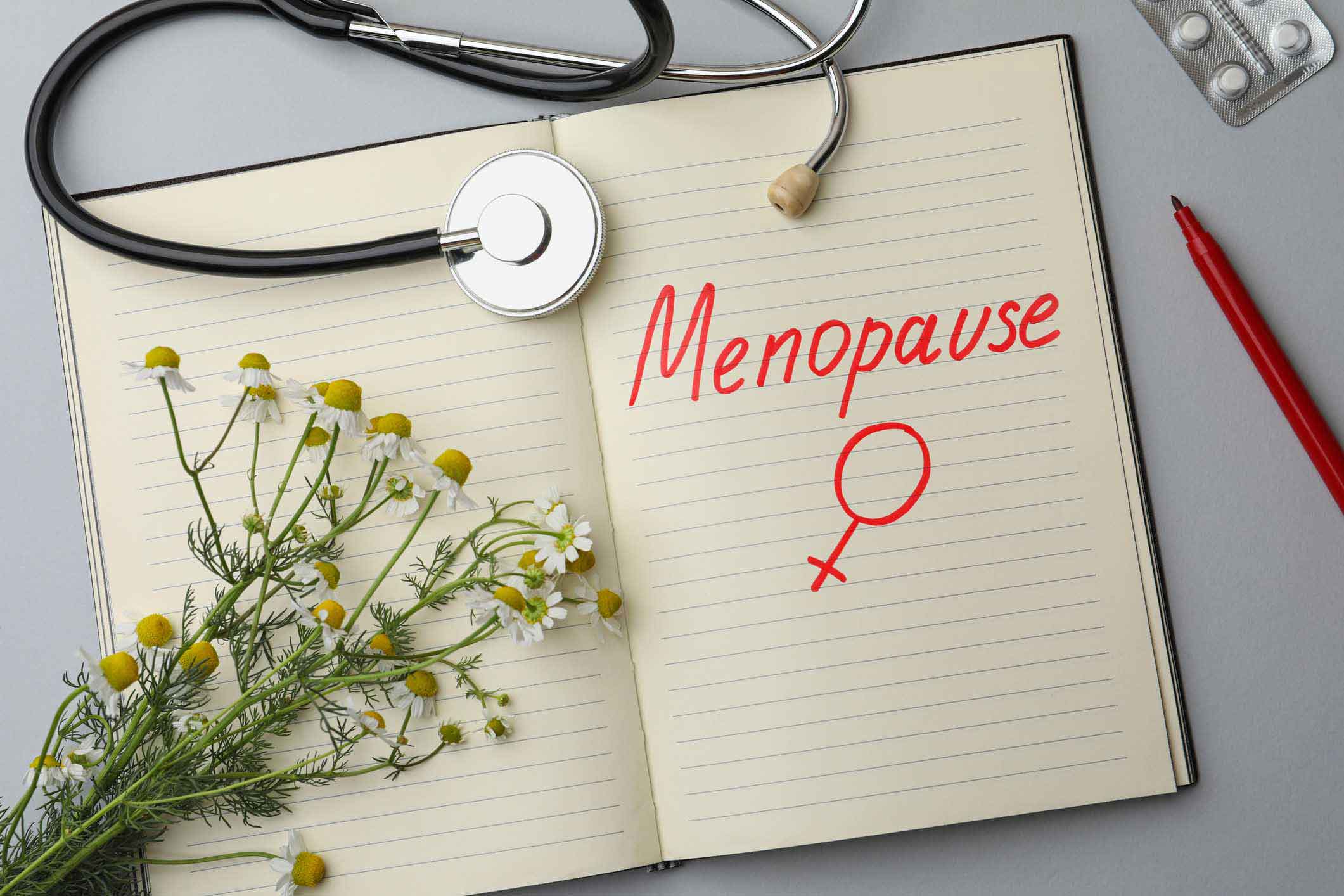Perimenopause & Menopause
The Nuts and Bolts of Menopause: What's Happening to Me?
Expert
Written by Dr. Cindy Long
31 Aug, 2012
3 min. Read
The Nuts and Bolts of Menopause: What's Happening to Me?
Slowly you've noticed some significant changes going on ? your periods have gotten heavier and less predictable, perhaps you're moodier and more irritable than usual, or maybe you are not sleeping very well and then there's those frustrating hot flashes which make you ask "Am I in menopause?"There are many things about menopause which can be confusing, starting with the definition of menopause. Many assume the changes you experience are a sign of menopause, but in fact many of the symptoms you experience occur in the perimenopause which is the time that precedes menopause. Menopause by definition is a year of no periods. This is not a very helpful definition! For many the symptoms we associate with menopause occur long before your periods stop altogether. And then there are many women who no longer have periods due to medical treatments such as Depo-Provera or due to surgical interventions such as hysterectomy or endometrial ablation. Just because you don't have periods it doesn't exactly mean that you're menopausal.The time leading up to menopause, when your hormones and ovarian function are declining, is the perimenopause. Typically in the mid 40s, but as early as your late 30s, the ovaries start to run out of healthy eggs and slow down their production of the female hormones estrogen and progesterone. Many of the classic symptoms that women experience during the perimenopause, including hot flashes and night sweats, vaginal dryness, and irritability are in essence a withdrawal effect from dropping estrogen. This decline in ovarian function is typically not a smooth and steady drop, but occurs in fits and spurts. The lining of the uterus, where our menstrual flow originates, is very responsive to these hormones so when they get out of balance so does the lining, and thus your periods can get heavy and prolonged, or short and infrequent. As your ovaries run out of healthy eggs, you stop ovulating regularly and this also profoundly affects the frequency of your cycles. This transition from a time of reproductive ability to menopause occurs over the course of many years, so women may experience an average of 3-7 years of symptoms before their periods stop completely.Once your menses have stopped, a lot of the most bothersome symptoms due to estrogen withdrawal (like hot flashes or headaches) may have subsided or disappeared. At this point, your ovaries have pretty much stopped making estrogen and progesterone altogether and you are officially in menopause. Notably the ovaries do still make some testosterone and this contributes to the annoying hair growth many women complain of during menopause. The tissues of the pelvis including the vagina, vulva, bladder and urethra are very responsive to the presence estrogen. So during menopause, when there is a chronic lack of estrogen, you may experience progressive worsening vaginal dryness, changes in vaginal discharge and odor, bladder irritability and increase in bladder leakage. Estrogen also influences several different regions of the brain, so many women will notice pronounced changes in metabolism, sleep patterns, moods and memory during menopause.The symptoms of the perimenopause and menopause are varied and each woman's experience may be somewhat unique. But by familiarizing yourself with the common symptoms of menopause and understanding the underlying biological changes that are occurring you may have an easier, more comfortable transition.
Kimberly-Clark makes no warranties or representations regarding the completeness or accuracy of the information. This information should be used only as a guide and should not be relied upon as a substitute for professional medical or other health professional advice.
Recommended Products
Absorbency Level
4
of
8
Absorbency Level
4
of
8















